| Content | Topics covered. 1 Some difficulties 2 Arrangements of books 3 development of studies 4 The Elite during 3 Caliphs 5 Sacrifice and readiness 6 Ijtihad 7 Piety and decency 8 Will to change 9 Understanding Quran 10 Belief in Wilaya 11 Undertaking public responsibilities.
HEAVILY SUBSIDIZED BY WWW.ISLAMICTHOUGHT.CO.UK | This book by Ayatullah Baqir Al Hakim Book 2 of 7. Covering many aspects of life. Ayatulluh Baqir al Hakim is son of Grand Ayatullah Mohsin Al Hakim and also the the first leader after Saddam. He was killed in in Najaf Al Ashraf, joining rest of Shaheeds from his family of 72. Topics covered 1 Creed 2 Ethical aspect 3 Cultural aspect 4 Seeking knowledge 5 Variety in Education 6 Scietific- Hawzah 7 Grief and weeping 8 The tragedy of Karbala 9 Imam Mahdi (as) | Administering a territory as wide as the world itself is a difficult task, which is only possible for a divinely guided leader and functionaries committed to this divine system and the sovereignty of Islam. Indeed, in order to administer lands and territories Imam al-Mahdi (‘atfs) will appoint ministers who will have had a record of struggle both in experience and action, and who will have shown their firmness and decisiveness.
Governors with strong personalities, who think of nothing but the welfare of the Islamic state and the pleasure of God, will take charge of state affairs. Obviously, a country whose officials possess these qualities will prevail over any difficulty. The destructions wrought by the previous governments will successfully turn into progress and conditions will be so transformed that the living will wish that the dead would live once again.
It must be noted that Hadrat al-Mahdi (‘atfs) will take charge of affairs at the time when the world will have inherited a plethora of confusions and disorders, and there will be millions of invalids as well as physically and mentally sick individuals. An atmosphere of delapidation will cast its shadow upon the world and insecurity will become prevalent everywhere. Cities will be in total ruin on account of wars and conflicts, and the decline of farming due to pollution of the ecosystem will lead to the scarcity of food.
On the other hand, the people of the world would have witnessed that many governments, parties and organizations had claimed that if they were given the chance to take charge of things, they could serve the world and its inhabitants, ensuring peace, security and improvement in economic conditions. In action, however, each of them would have been worse than the other, introducing nothing but corruption, killing and ruin. This book gives hope and insight into government of Imam Mahdi (as). One of the best books on 12th Imam.
HEAVILY SUBSIDIZED BY WWW.ISLAMICTHOUGHT.CO.UK
|
If we study the subjects of FIQH in detail, we find that every one of them is peculiar and singular in itself. Some of the laws relate to the natural urge in human beings to adore and worship. It guides us to worship none but Allah, in the prescribed form, seeking His pleasure. Then there are laws which prompt us to serve, be helpful and useful to human society, at the same time affirming our obedience to Allah. These are Zakat, Khums, our social and political duties, Jihad, Amr bil Ma'roof and Nahy anil Munkar, training in martial arts etc. Also covering brief history of over 40 Mujtahids.
HEAVILY SUBSIDIZED BY IEB OF WORLD FEDERATION.
| This book aims to establish a suitable method of communication with Wahhabis to familiarize them with Shi‘ism, and to prepare a proper ground for their conversion to the school of thought of the Household of the Prophet, peace be upon them. The author Dr Isam wrote book against the Shia accusing them of heresy, before he himself saw the light and converted to Shiaism.
HEAVILY SUBSIDIZED BY WWW.ISLAMICTHOUGHT.CO.UK | Topics covered from Nahjul Balagha. 1 Self purification 2 Quran 3 Phenomenon& Noumenon 4 Spirituality 5 Perfect human 6 Natural sciences 7 Remedy for India 8 Humanity 9 Model of education 10 Humanist text
HEAVILY SUBSIDIZED BY WWW.ISLAMICTHOUGHT.CO.UK |

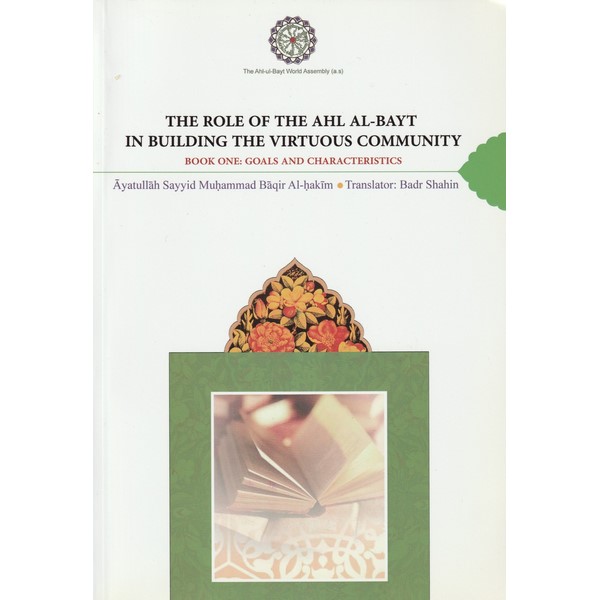
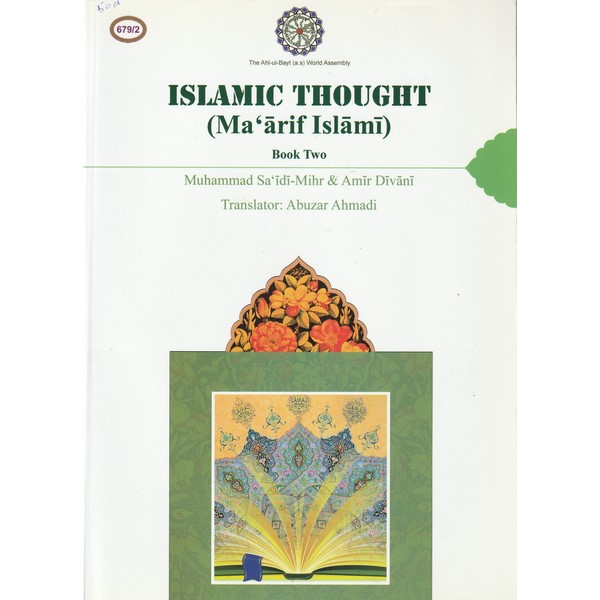
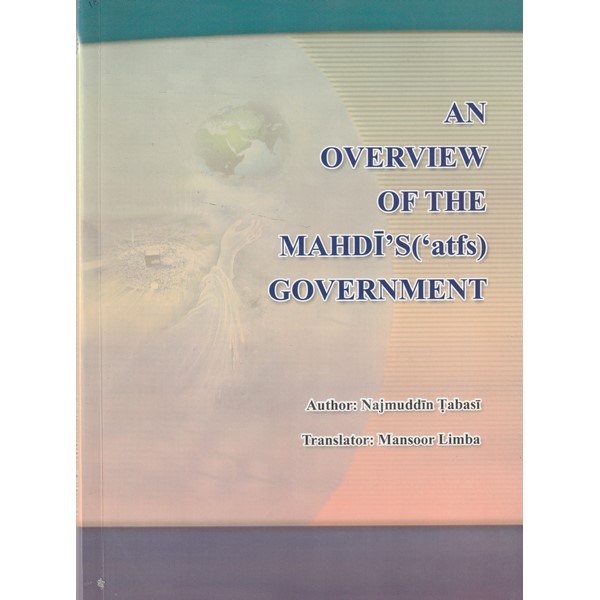
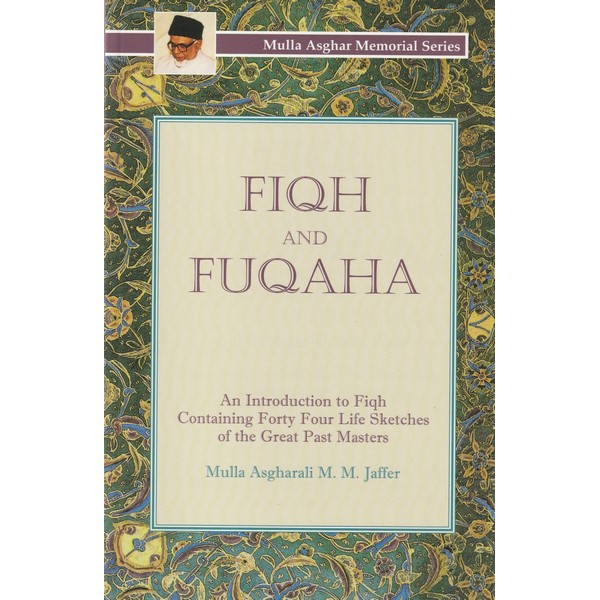
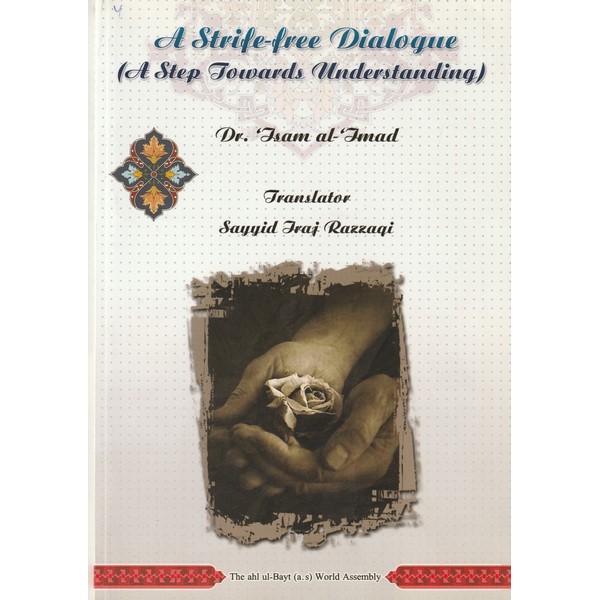
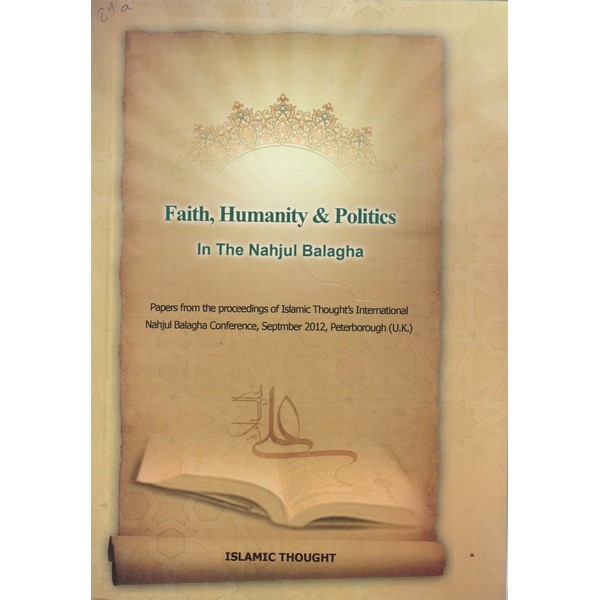


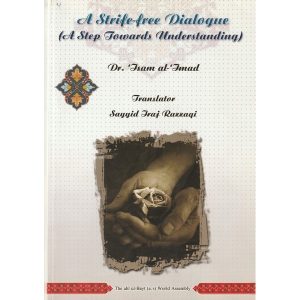

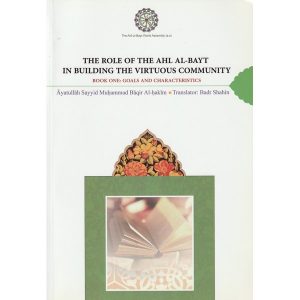
Reviews
There are no reviews yet.